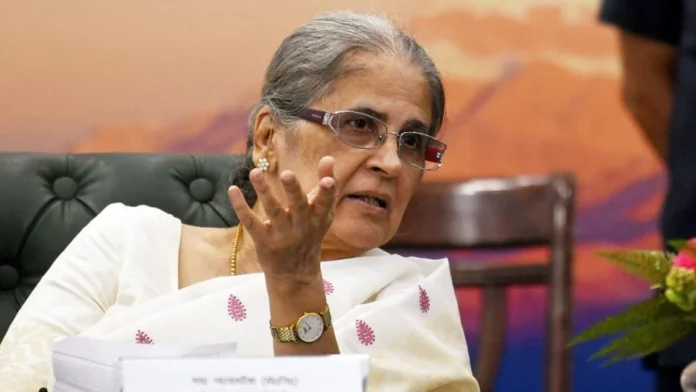The Union Cabinet, chaired by Prime Minister Narendra Modi, has approved the Terms of Reference (ToR) for the 8th Central Pay Commission (CPC), paving the way for a comprehensive review of salaries, allowances, and pensions for Central Government employees and pensioners across India.
The commission will be chaired by Justice (Retd.) Ranjana Prakash Desai, former Supreme Court judge and current chairperson of the Delimitation Commission. The panel will examine and recommend a revised pay structure for over 50 lakh Central Government employees and nearly 70 lakh pensioners.
According to officials, the 8th CPC will assess multiple factors — including the current inflation rate, cost of living, fiscal sustainability, and the need for fair compensation for government workers — before submitting its final recommendations to the government.
Key Highlights of the 8th Pay Commission:
-
Chairperson: Justice (Retd.) Ranjana Prakash Desai
-
Members: Senior economists, finance experts, and administrative officers (to be notified soon)
-
Mandate: Review pay, allowances, and pension structures for Central Government employees and pensioners
-
Timeline: Recommendations expected by mid-2026, with implementation likely from January 1, 2027
The Finance Ministry will provide administrative support to the commission. Its recommendations are expected to significantly impact the government’s fiscal budget, given the wide scope of beneficiaries across ministries, defense services, and public sector undertakings.
Experts believe that the 8th CPC’s proposals could boost consumer spending and economic activity, especially in urban and semi-urban areas where government employees form a large part of the middle-income workforce.
Employee unions have welcomed the decision, calling it a “positive and long-awaited move.” They have also urged the commission to address issues such as pay disparities, pension parity, and allowances linked to inflation more effectively than previous commissions.
The 7th Central Pay Commission, implemented in 2016, had increased basic pay by 14.3% and introduced a new pay matrix system. The upcoming 8th CPC is expected to focus on performance-based increments, retirement benefits, and rationalized allowances to align with evolving economic conditions.
With the official approval of its Terms of Reference, the 8th Central Pay Commission is now set to begin its crucial task — one that will shape the financial future of millions of public servants and pensioners across India.



